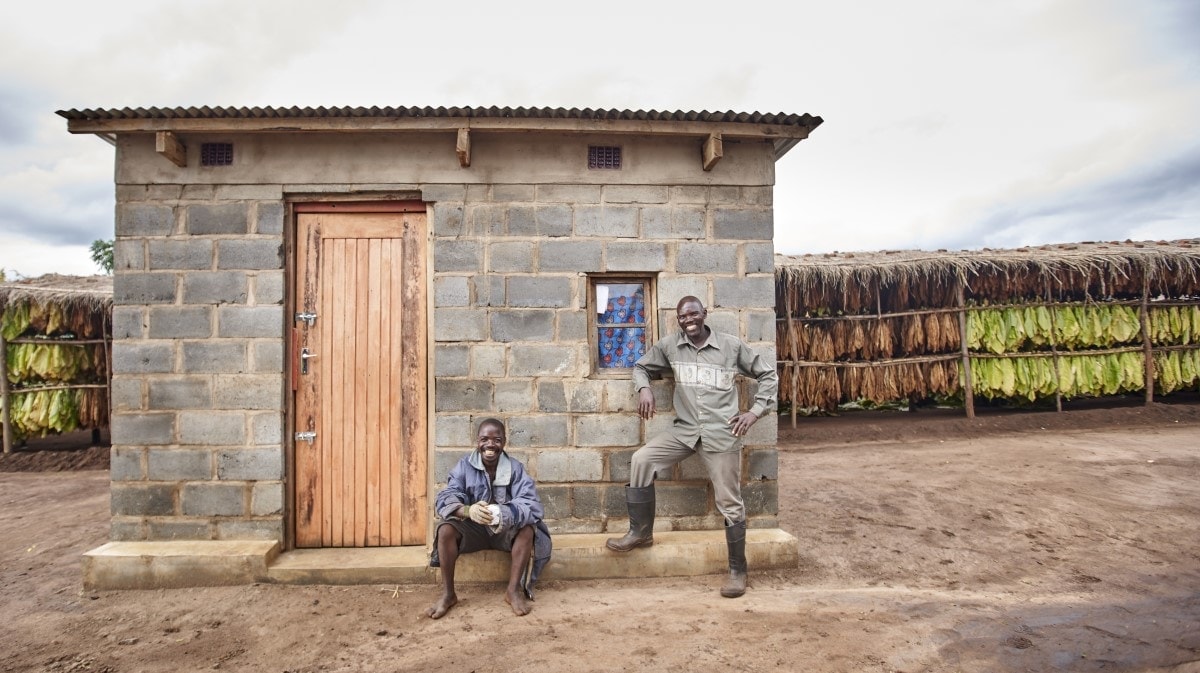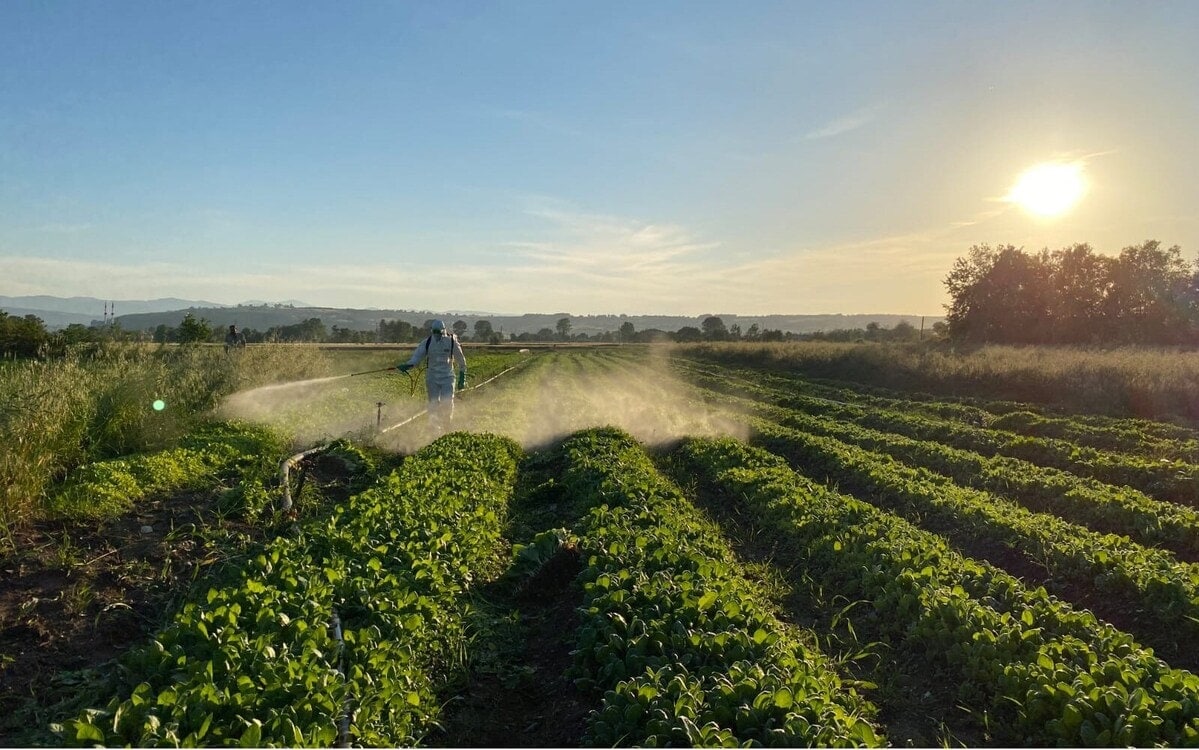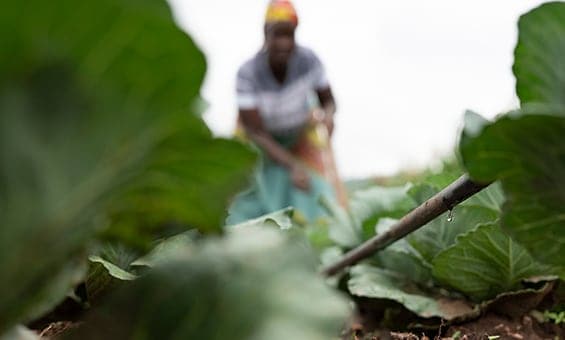Respecting both human and labor rights is a part of PMI’s corporate culture. Our Agricultural Labor Practices (ALP) program helps us provide fair and safe working and living conditions on the farms from which we source tobacco.
In 2020, the overall implementation of our ALP program was impacted by the COVID-19 pandemic. Despite this, we achieved two ALP targets, thanks to the persistence and resourcefulness of the teams on the ground. We provided safe and decent accommodation for all tobacco workers, and ensured the full availability of personal protective equipment (PPE) for the application of crop protection agents (CPA) and the prevention of green tobacco sickness (GTS).
PMI’s ALP program was established in 2011 to improve the socio-economic well-being of tobacco-farming communities. It consists of six key components:
- The ALP Code
- Training
- Monitoring
- Assessments
- Collaboration
- Transparency
Through these components, PMI, together with its third-party suppliers, helps contracted farmers earn a decent livelihood, aims to eliminate child labor, and achieve safe and fair working conditions. In 2018, we strengthened our ALP program and introduced the “Step Change” strategy, with an in-depth analysis of the data emerging from our monitoring system and external assessments.
A “safe working environment” is one of the seven principles of the ALP Code, which sets out measurable standards for workers’ accommodation and PPE availability.

Putting due diligence into practice
Our ALP program has a robust due diligence process. This allows us to identify and address potential social and environmental issues resulting from our agricultural activity. The process is repeated on a regular basis, and includes three main steps:
Improving continuously and confirming our commitment
Our ALP program targets continuous improvement, so we work to strengthen our requirements and current methodologies, and implement stronger integrated solutions to tackle any identified issues.
In 2021, we plan to implement global minimum accommodation standards across our tobacco sourcing markets. We aim not only to achieve better standardization, but also to further enhance the living and working conditions of workers. In addition, we will focus on improving PPE sets to increase the comfort of the users, and ultimately ensure their appropriate usage on farms.
For further details on how PMI reached its goals during the COVID-19 pandemic, read our first ALP Progress Update of 2021.


